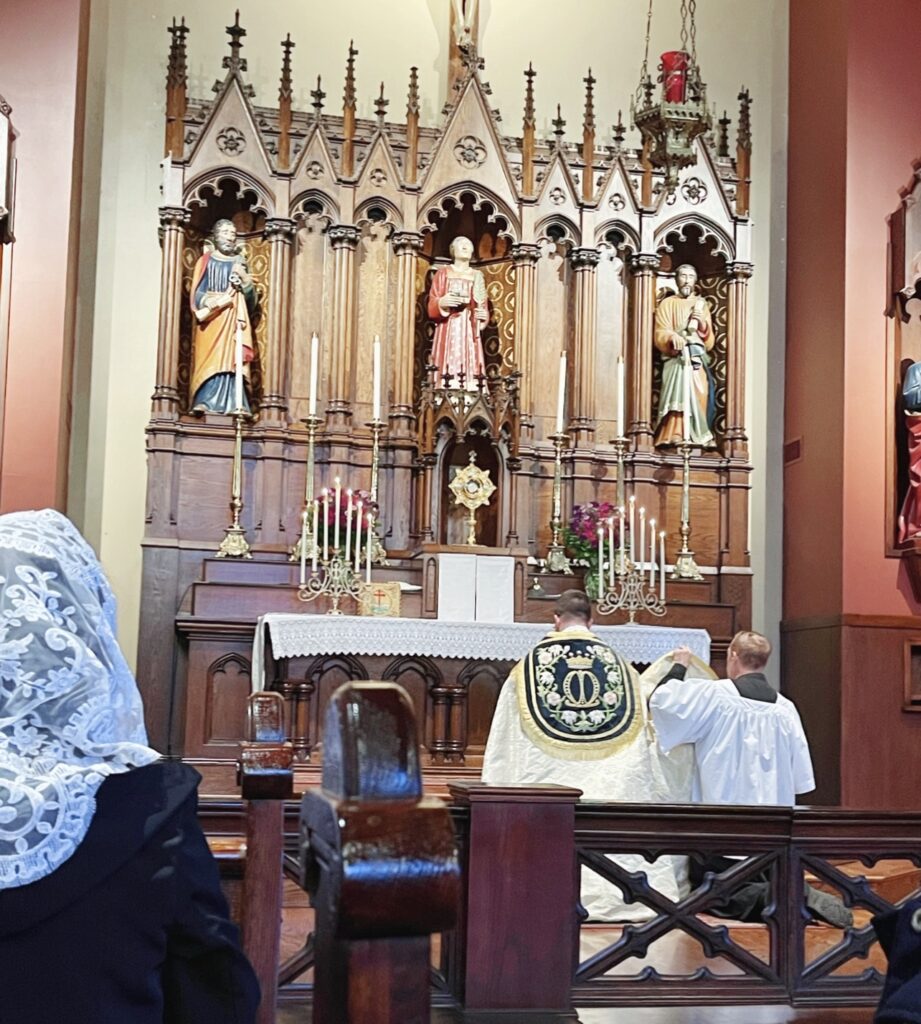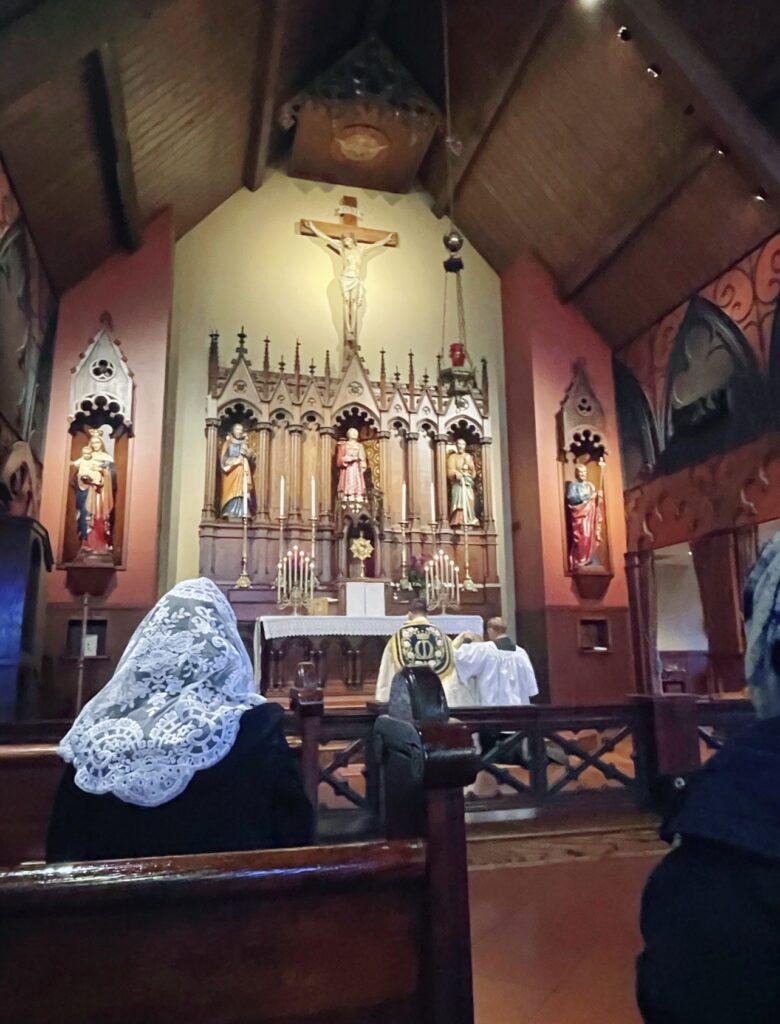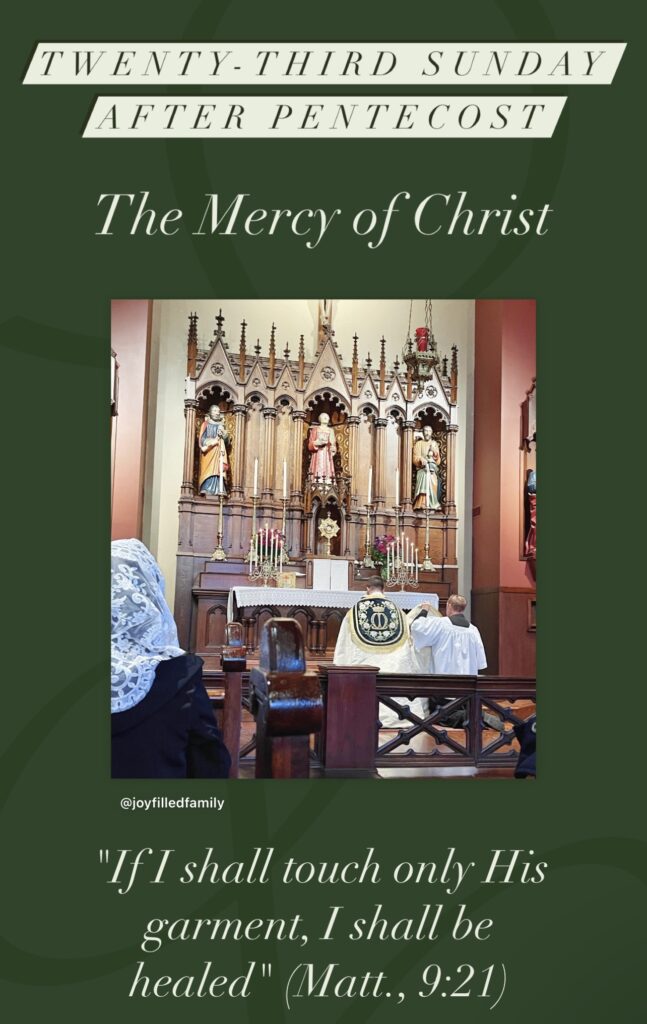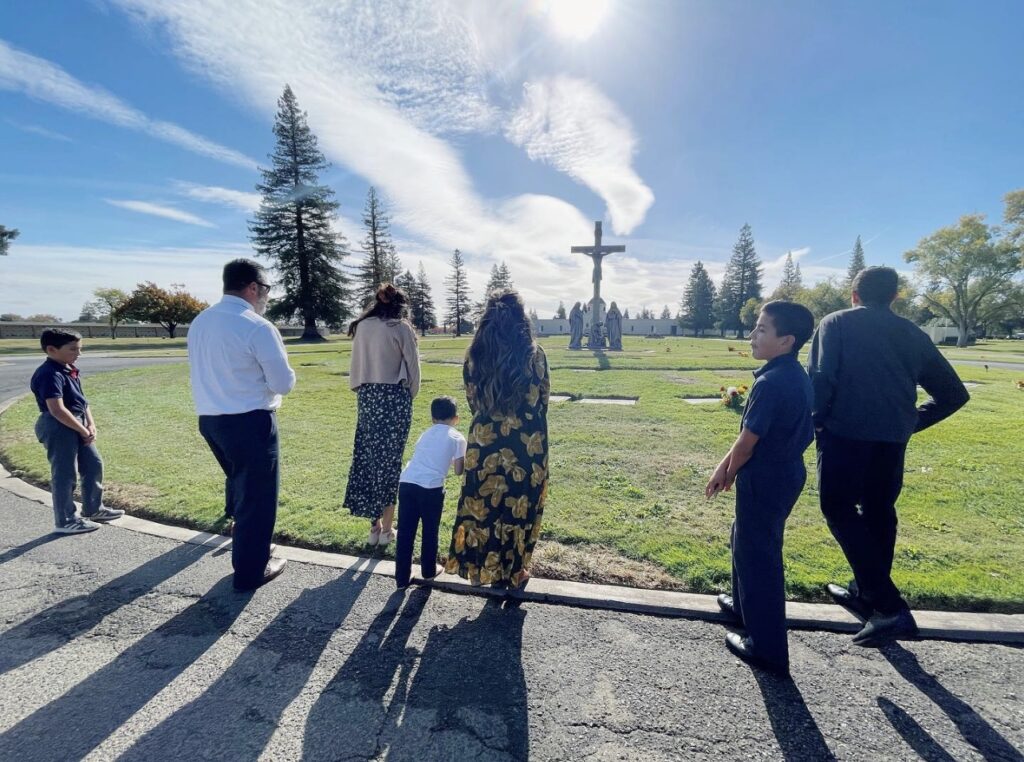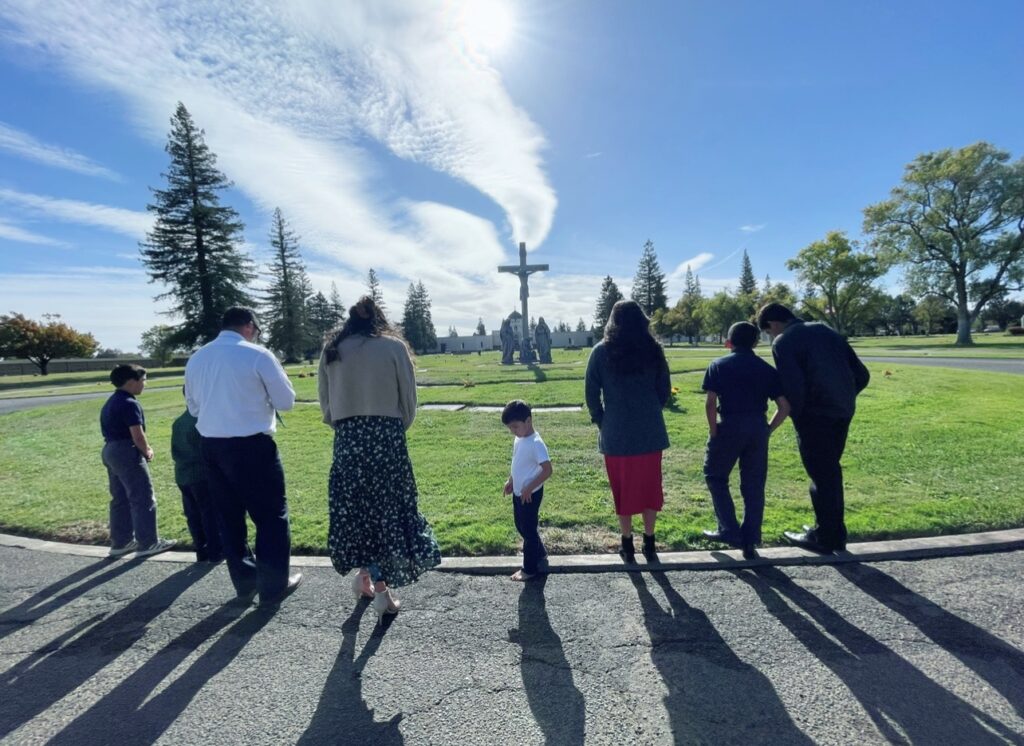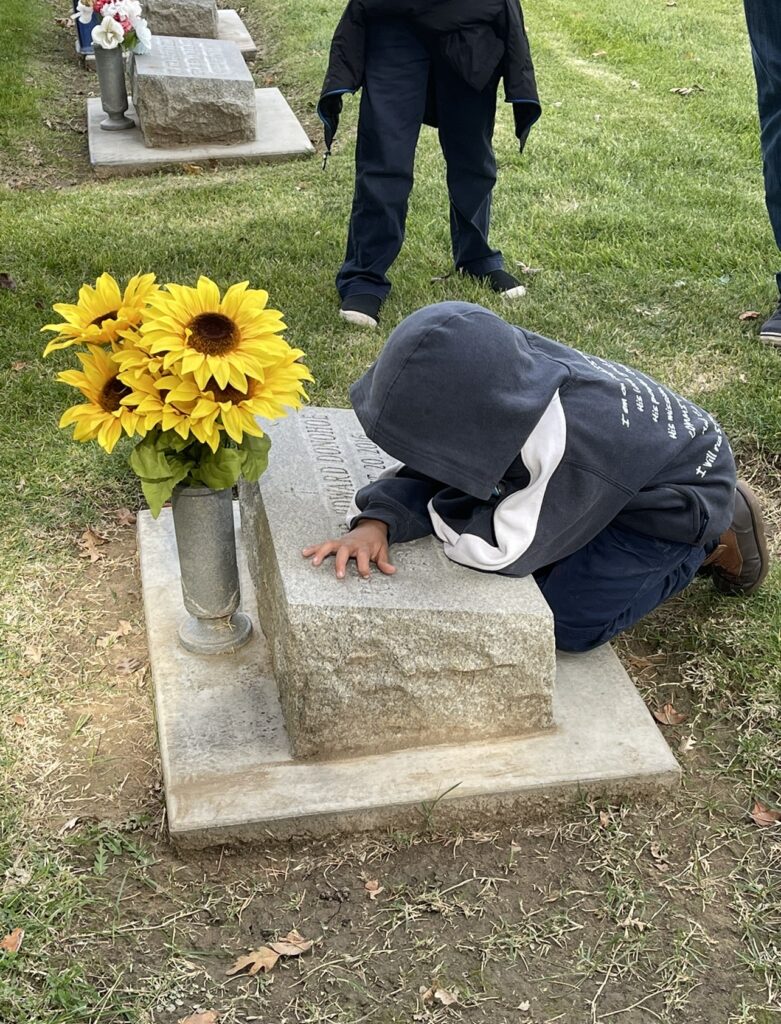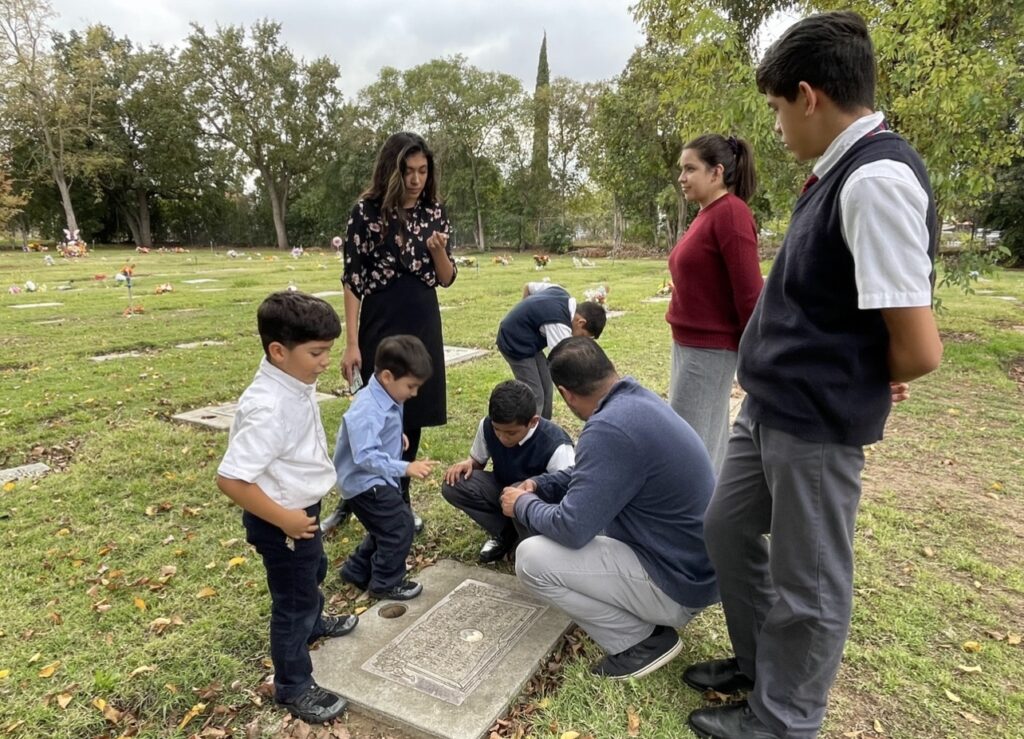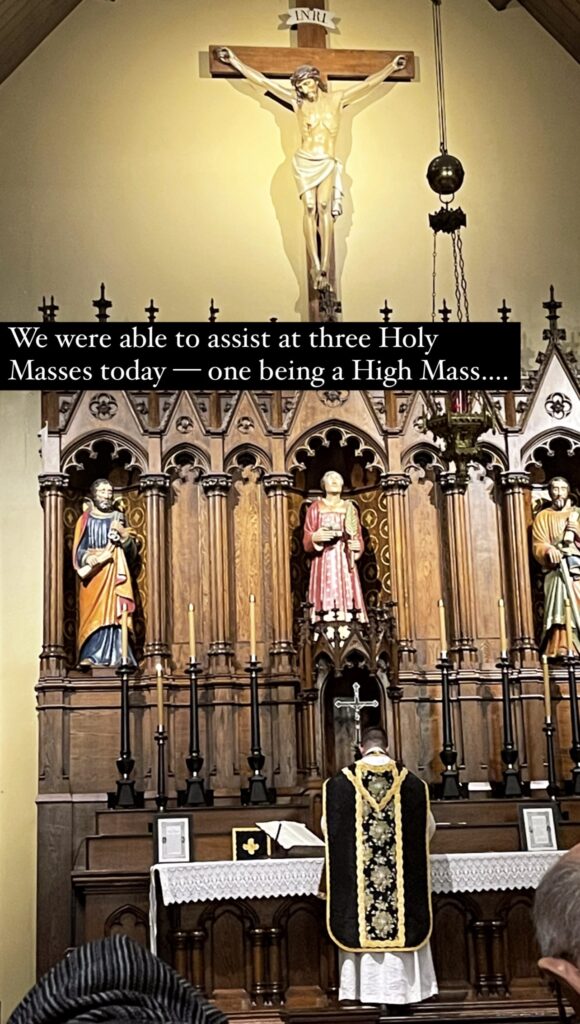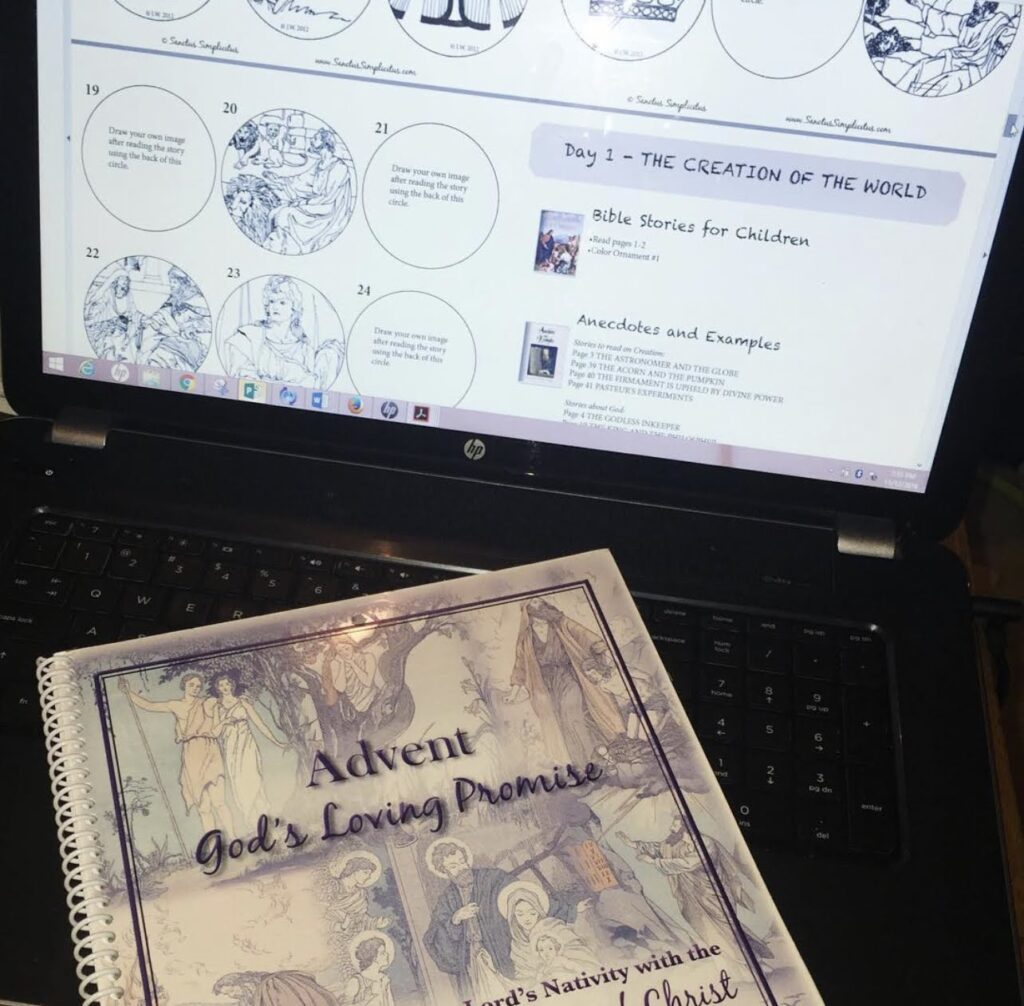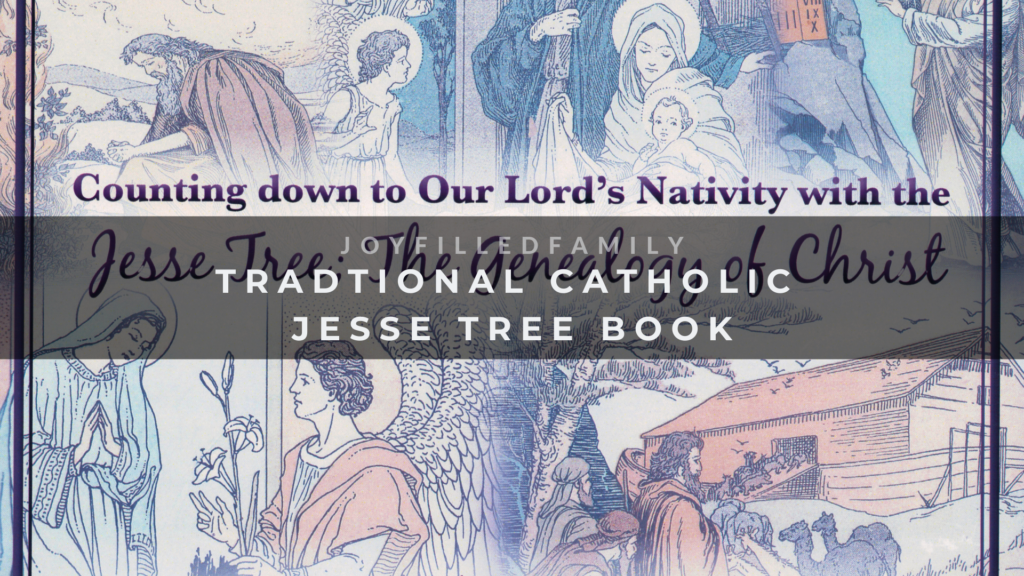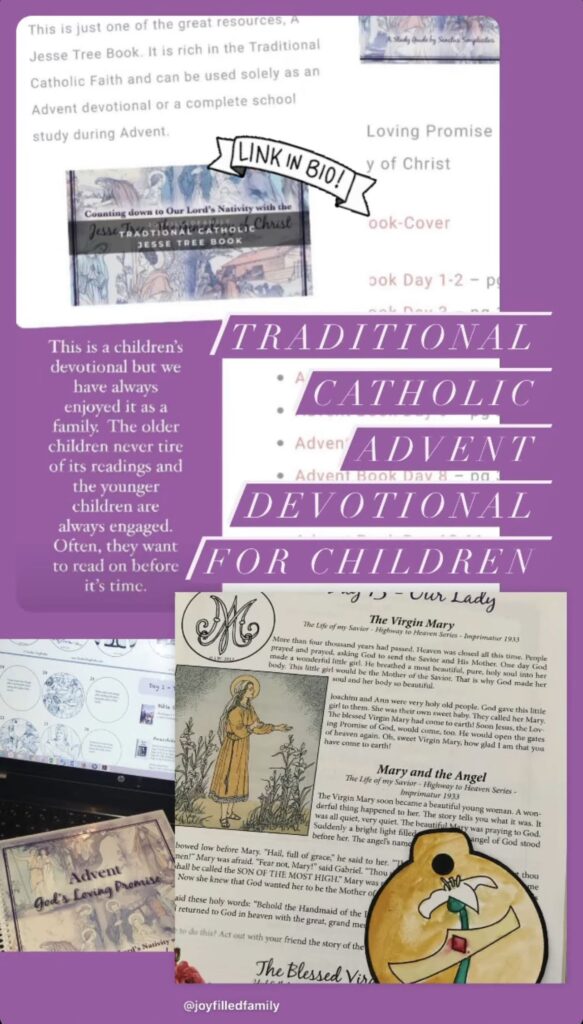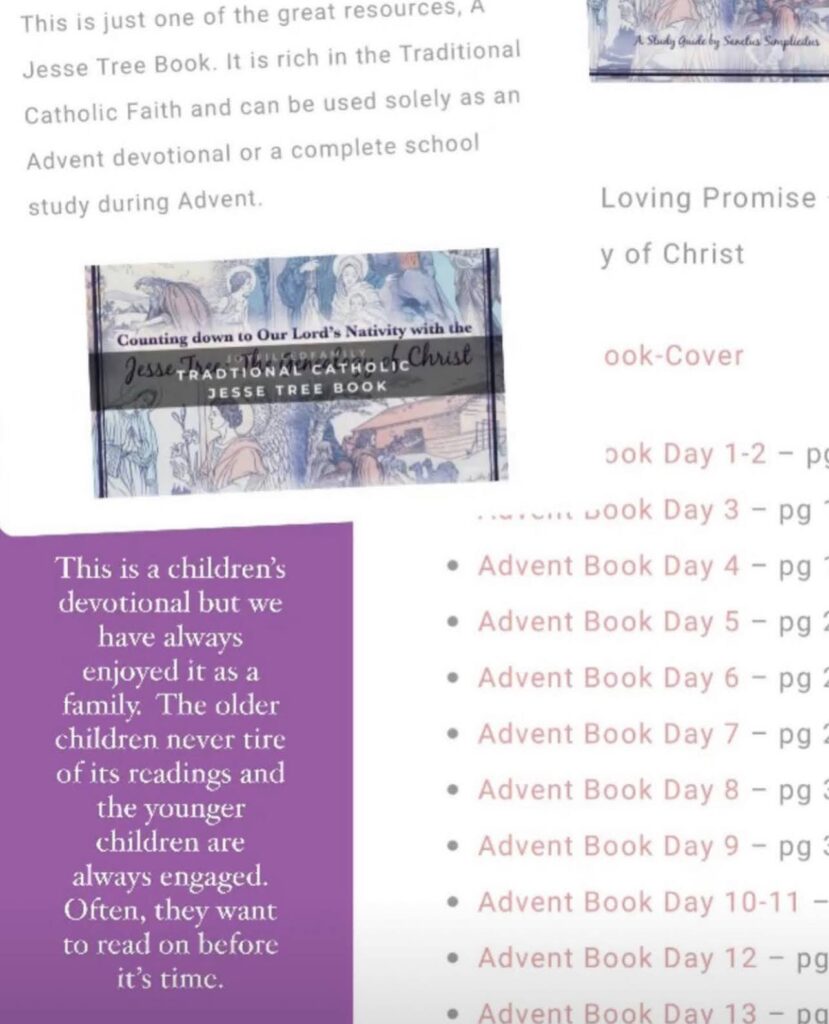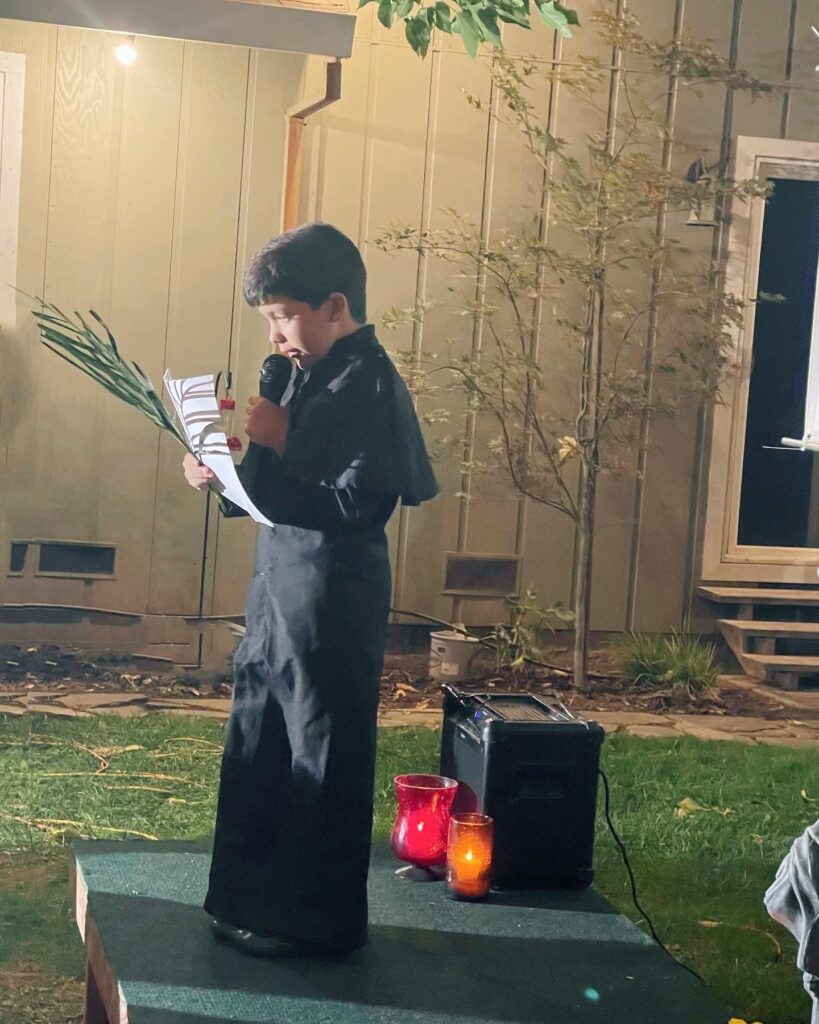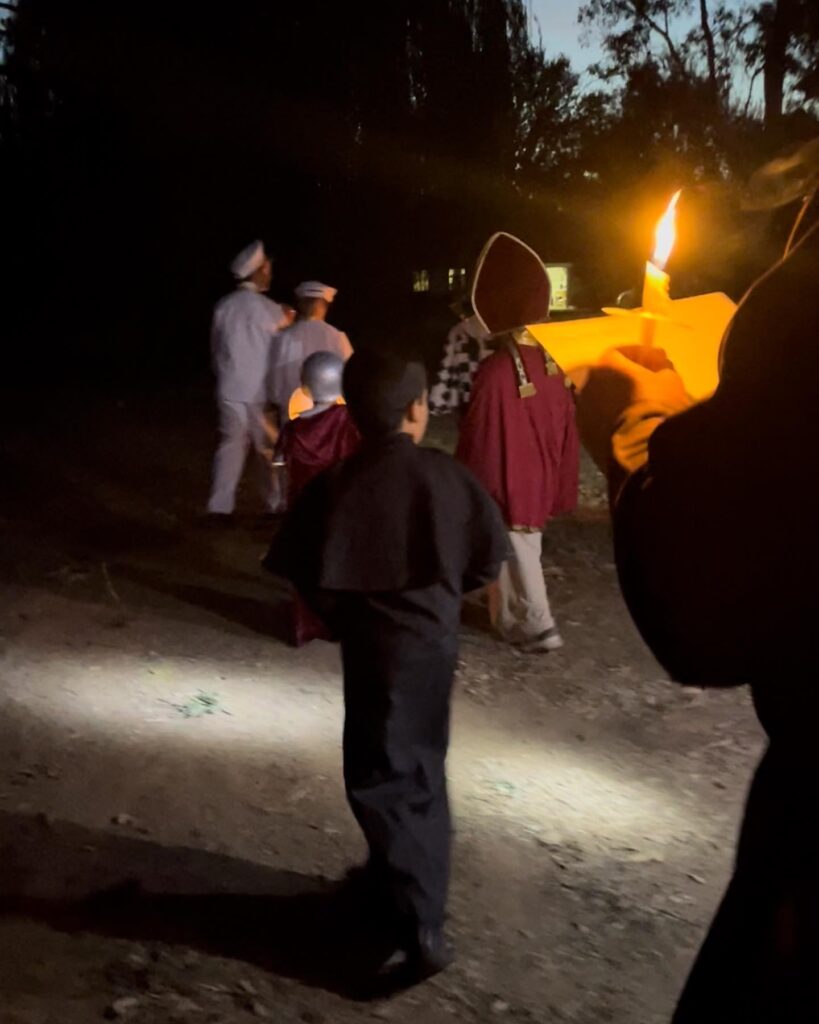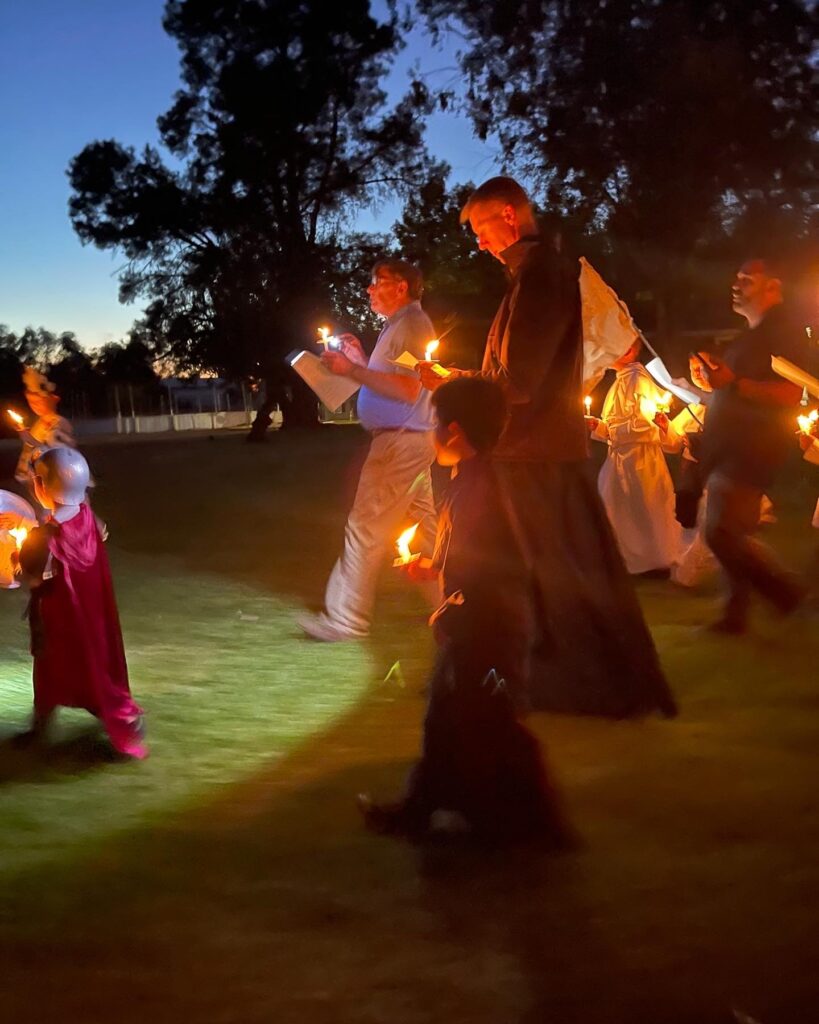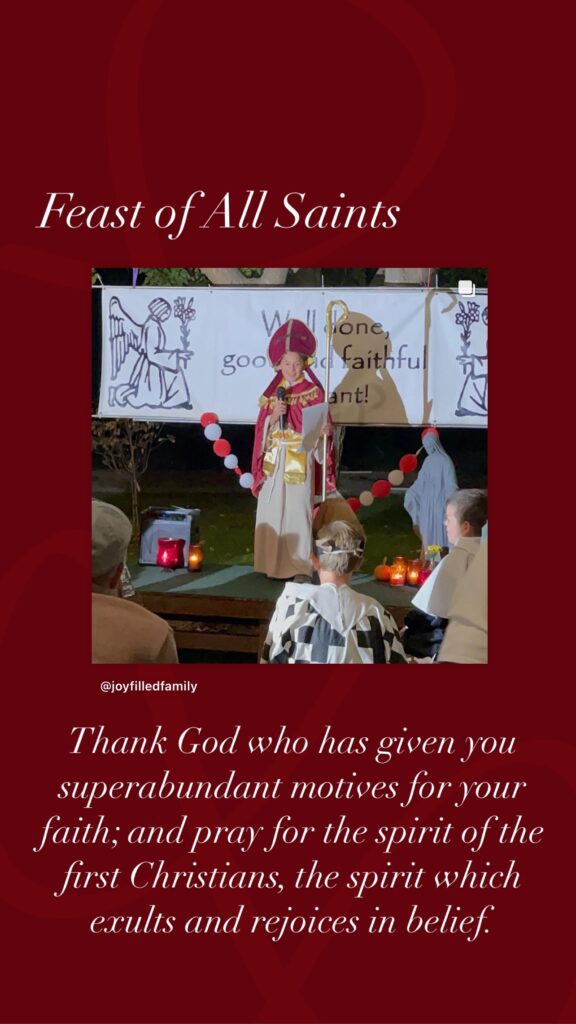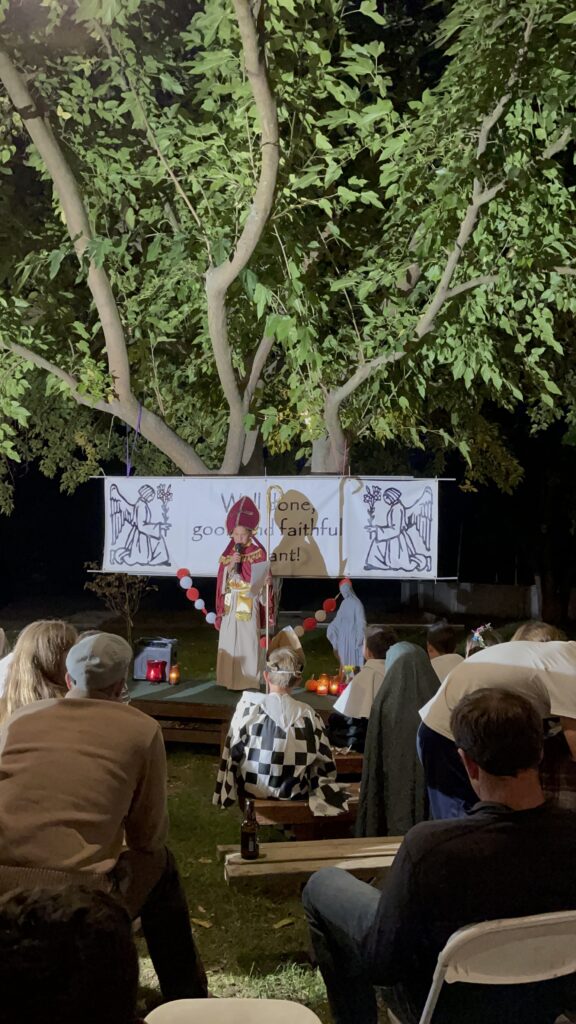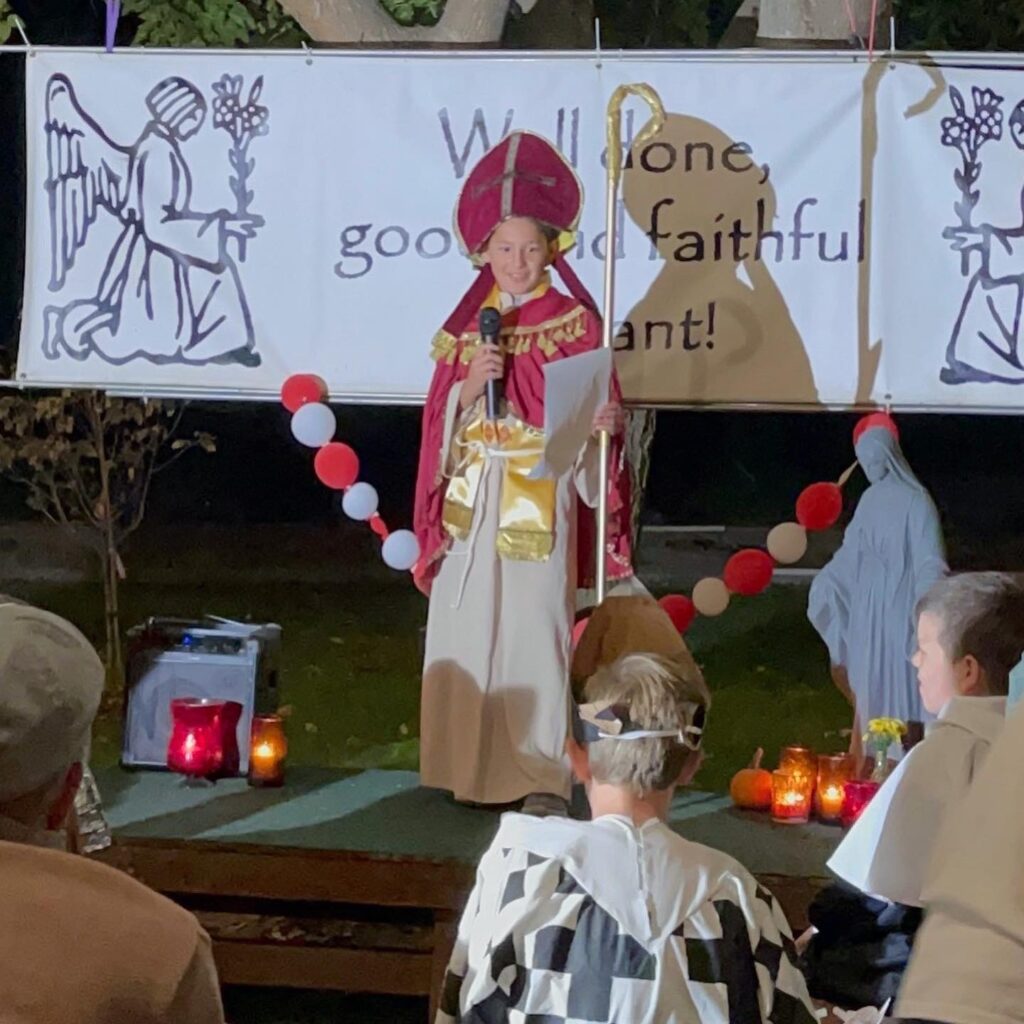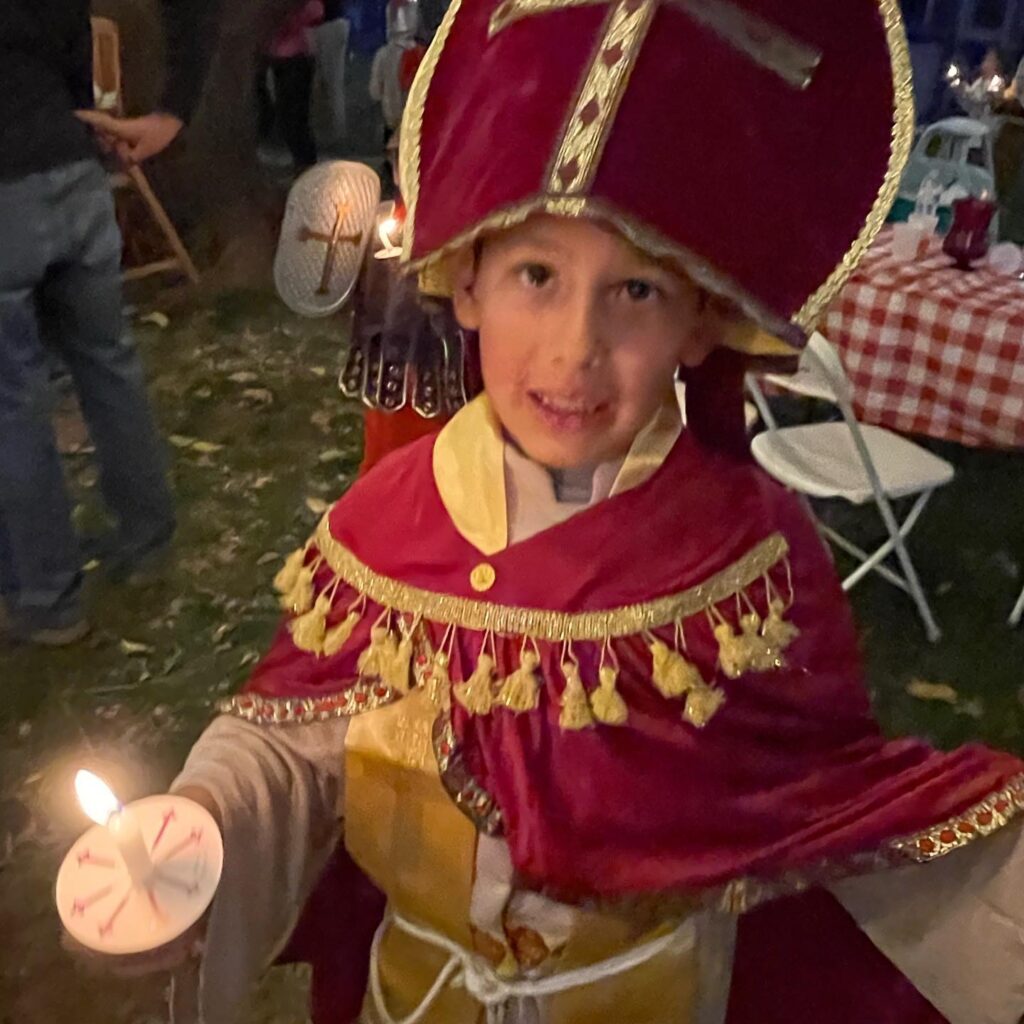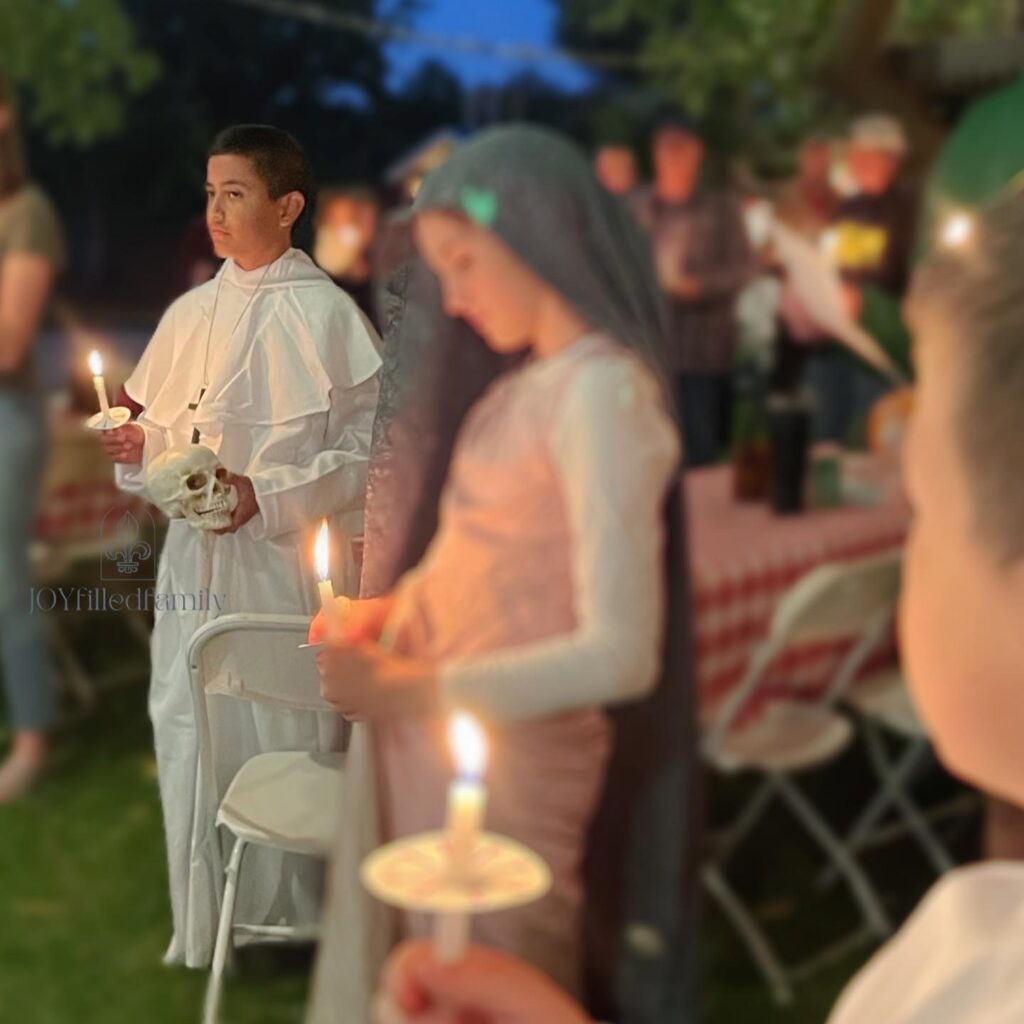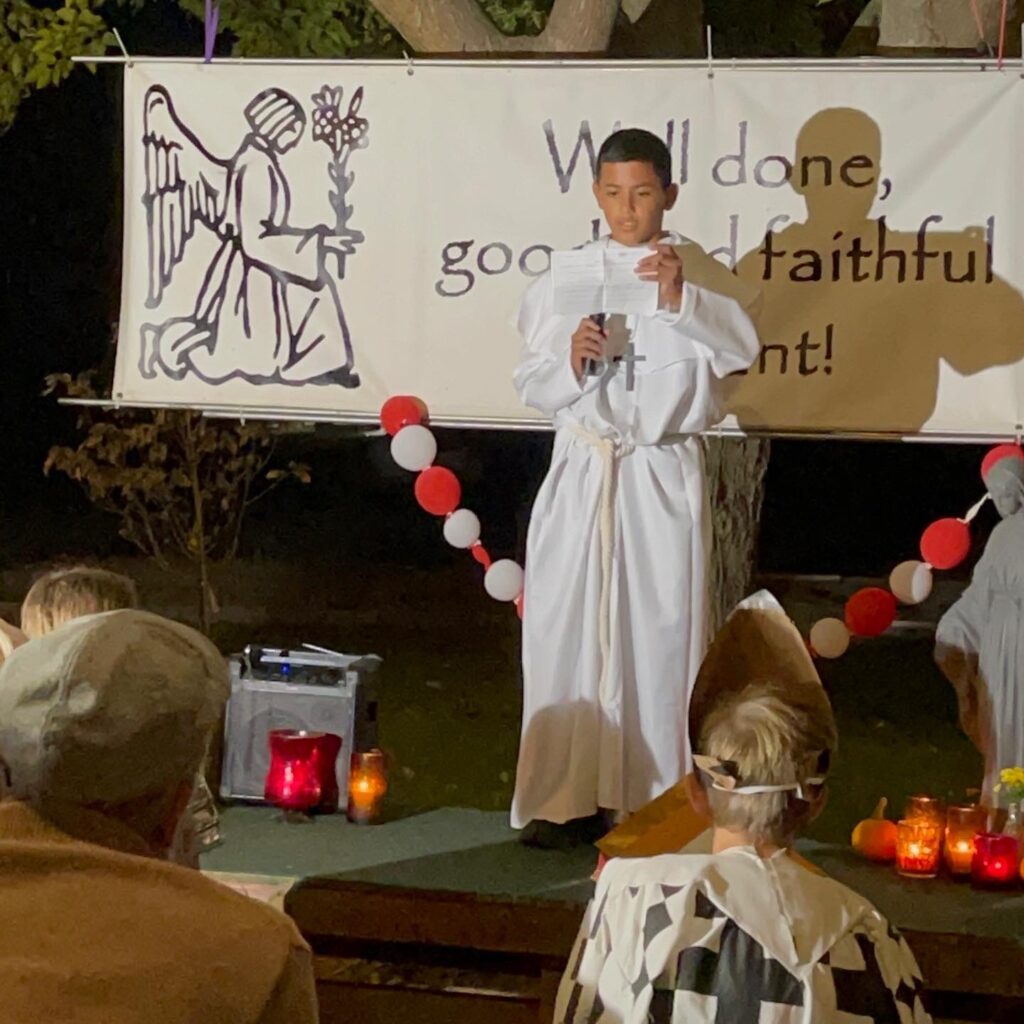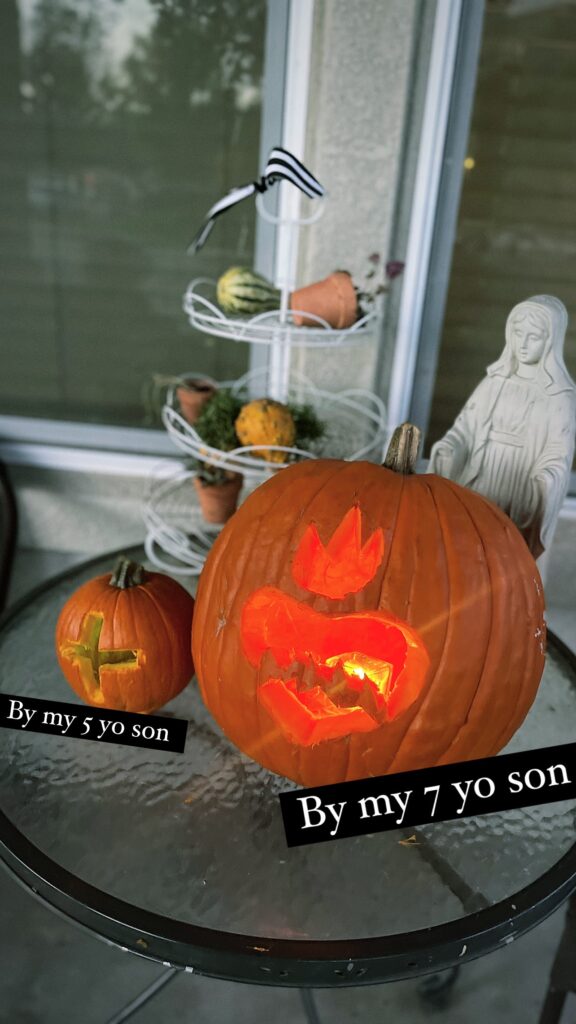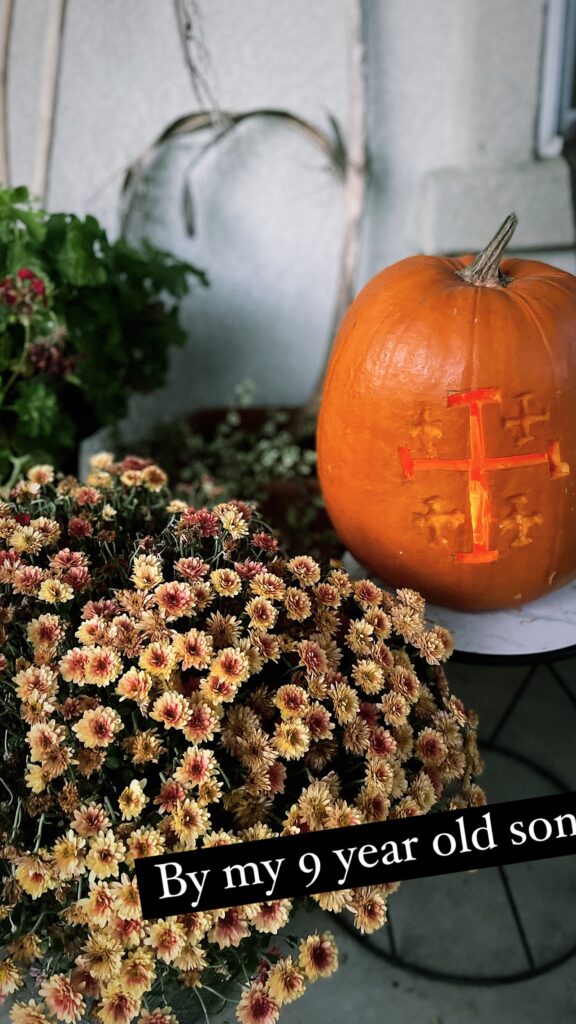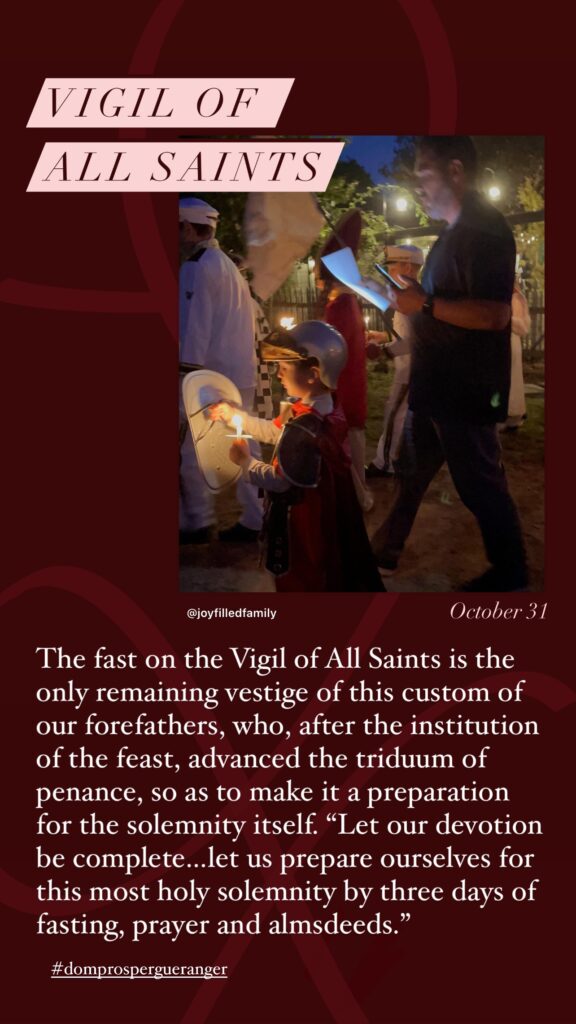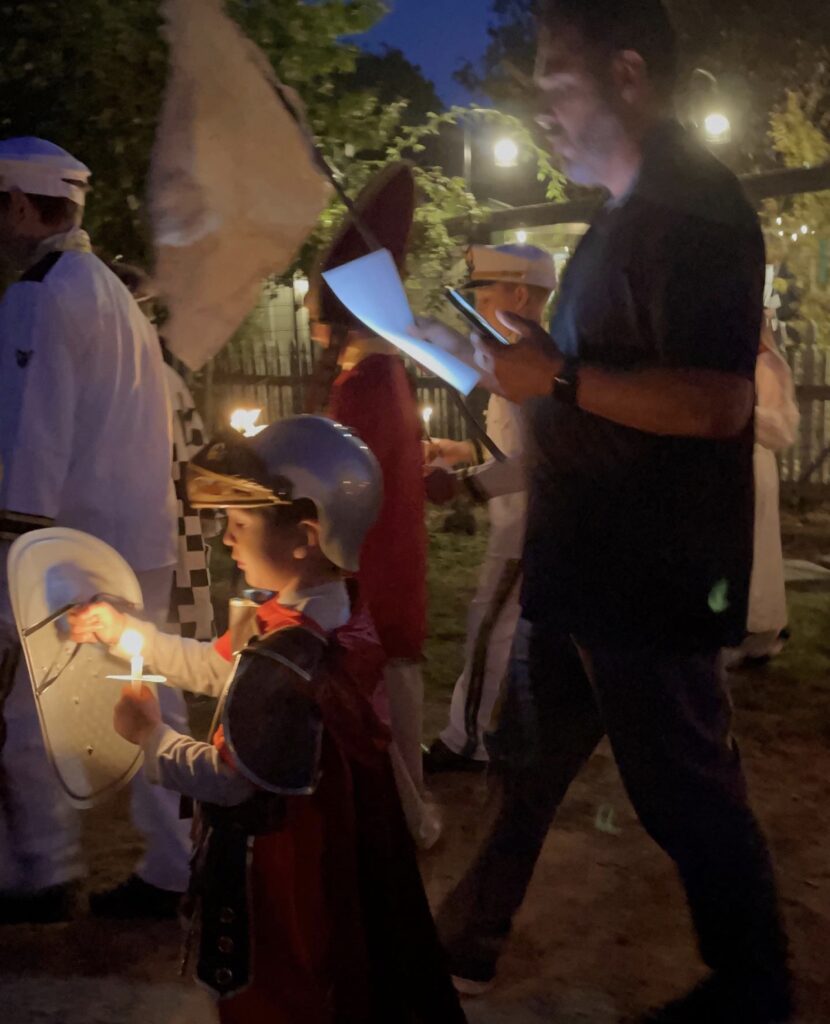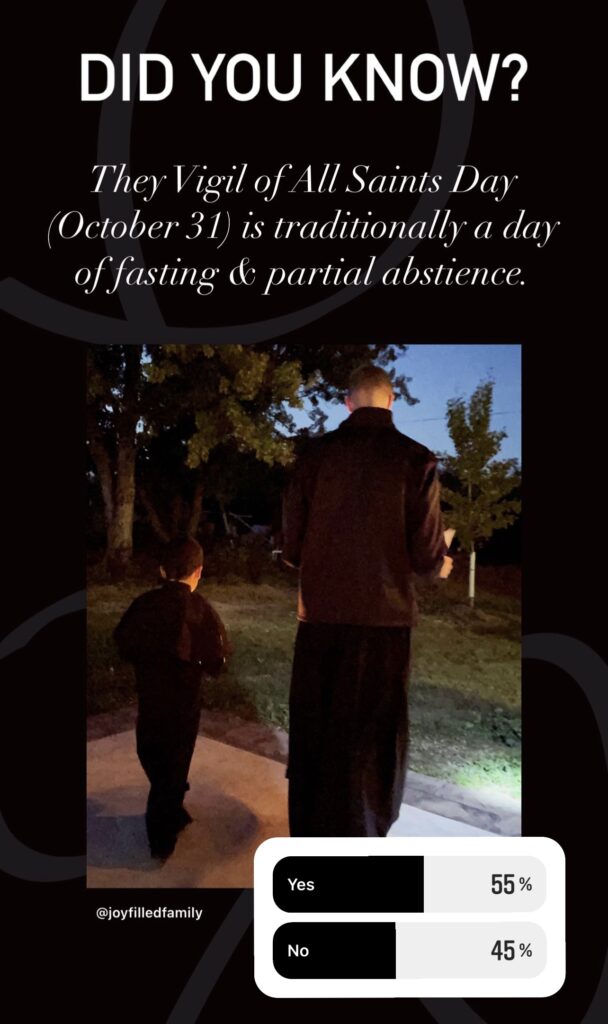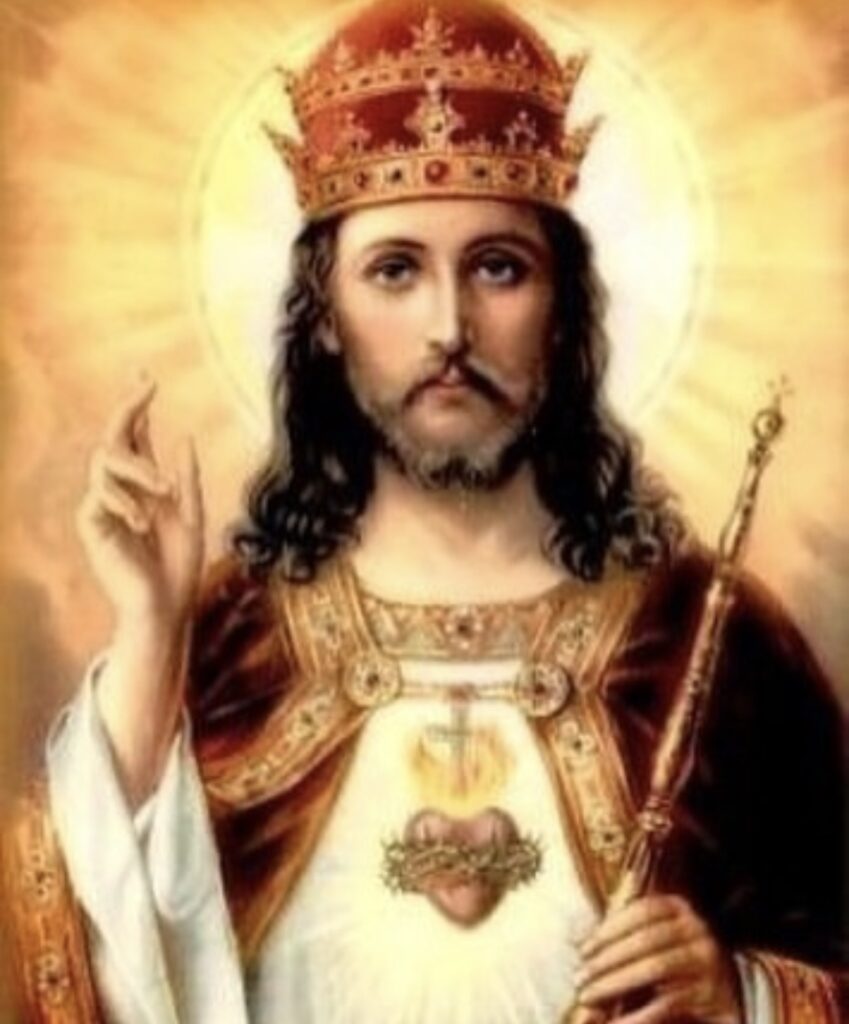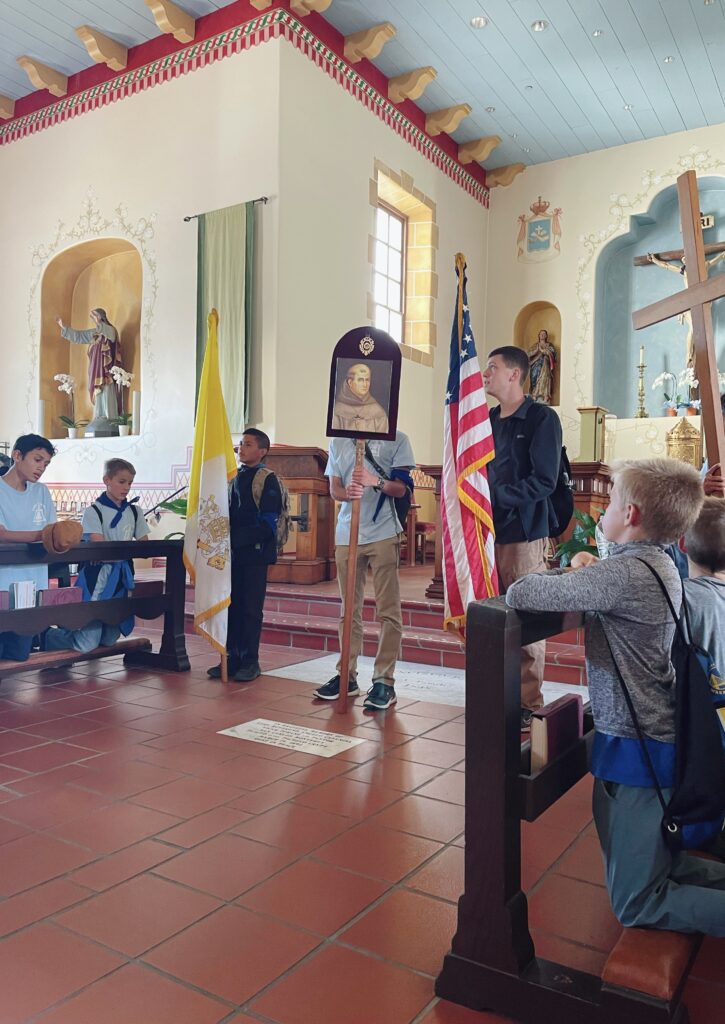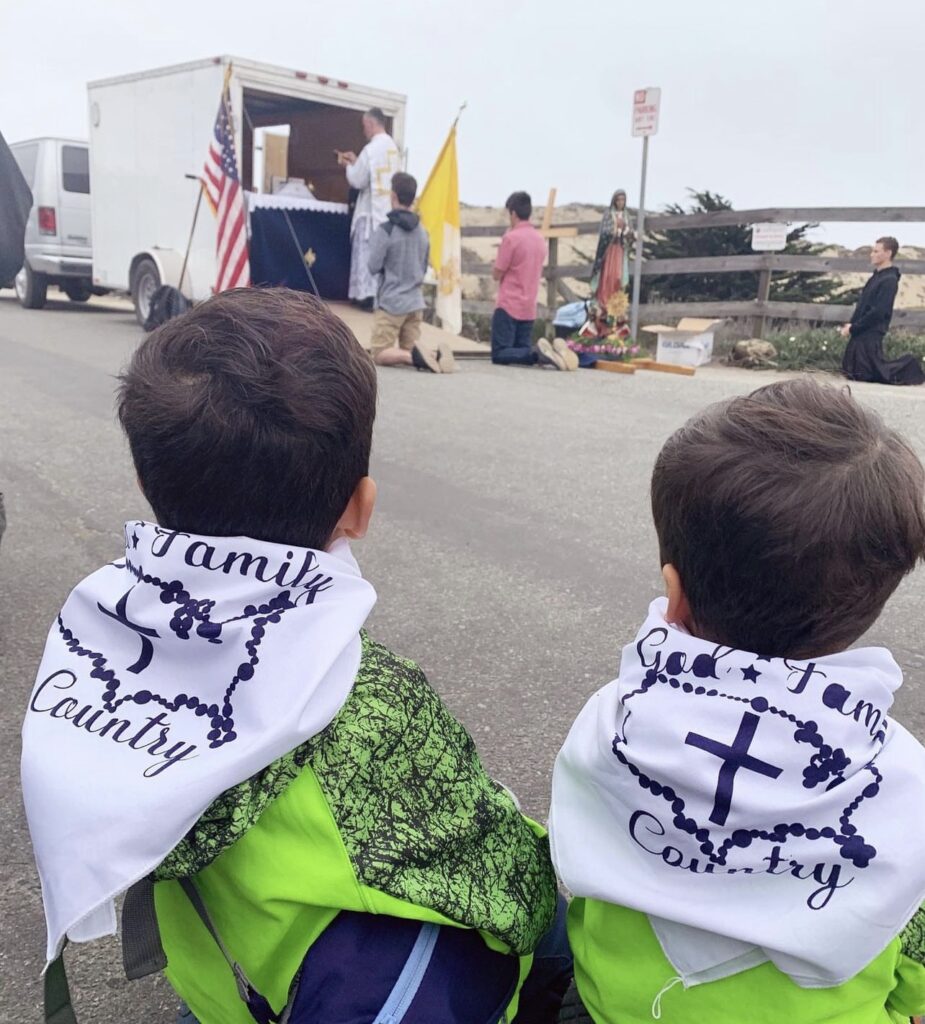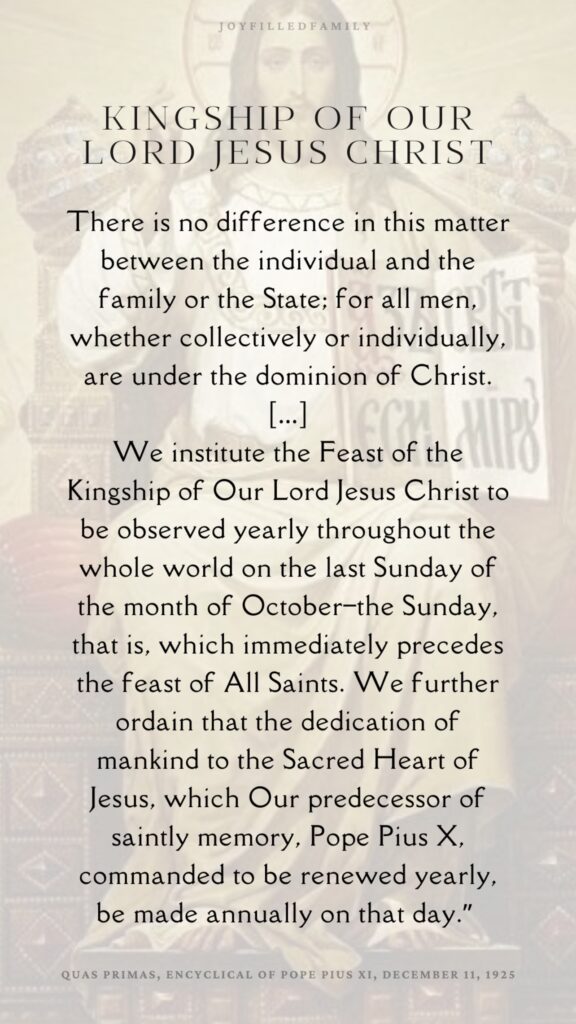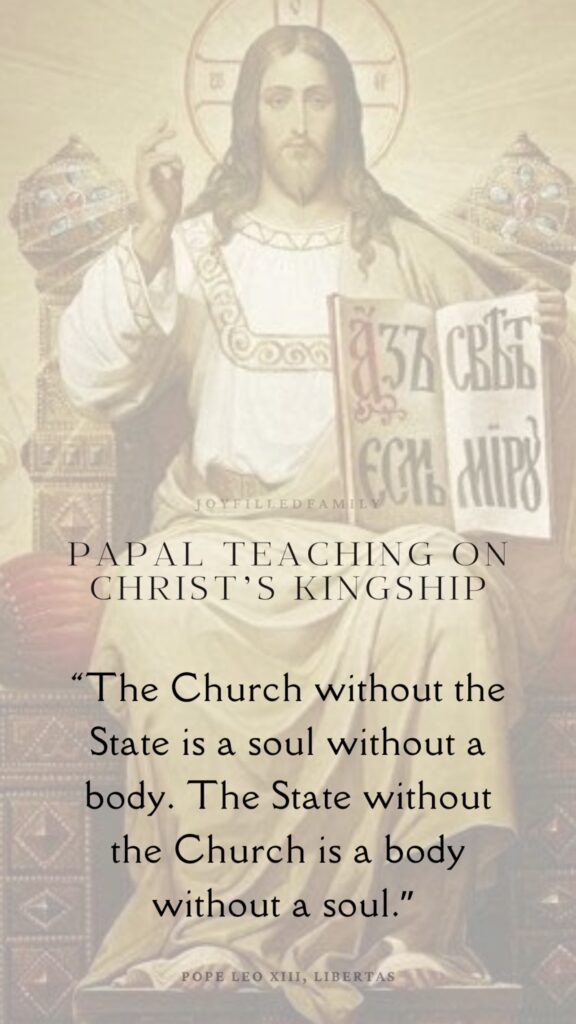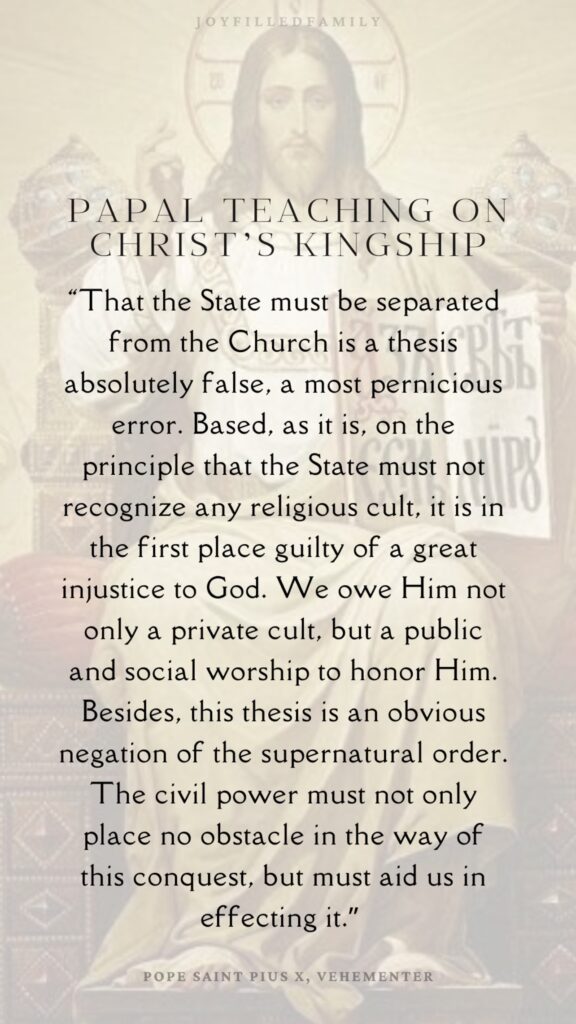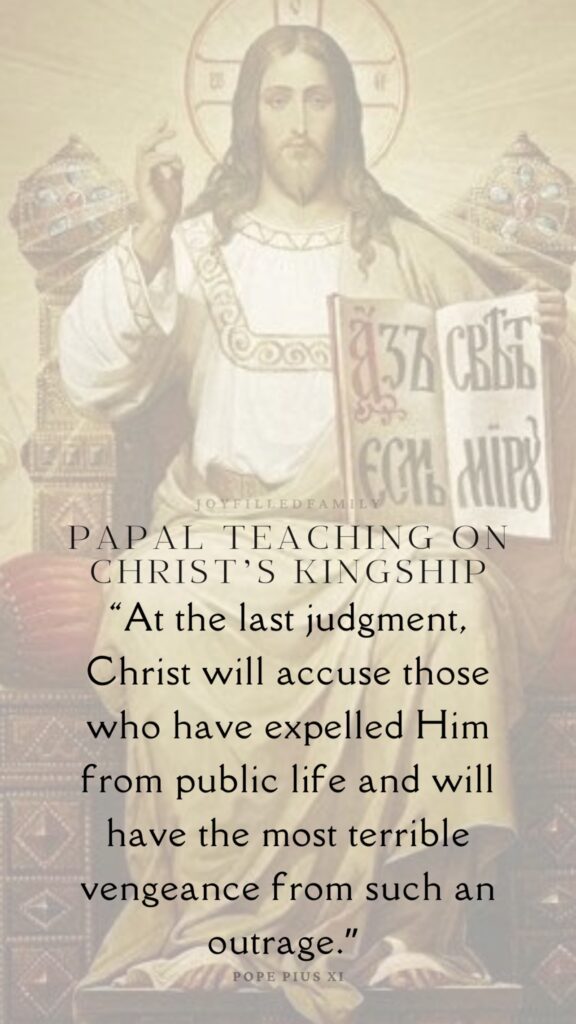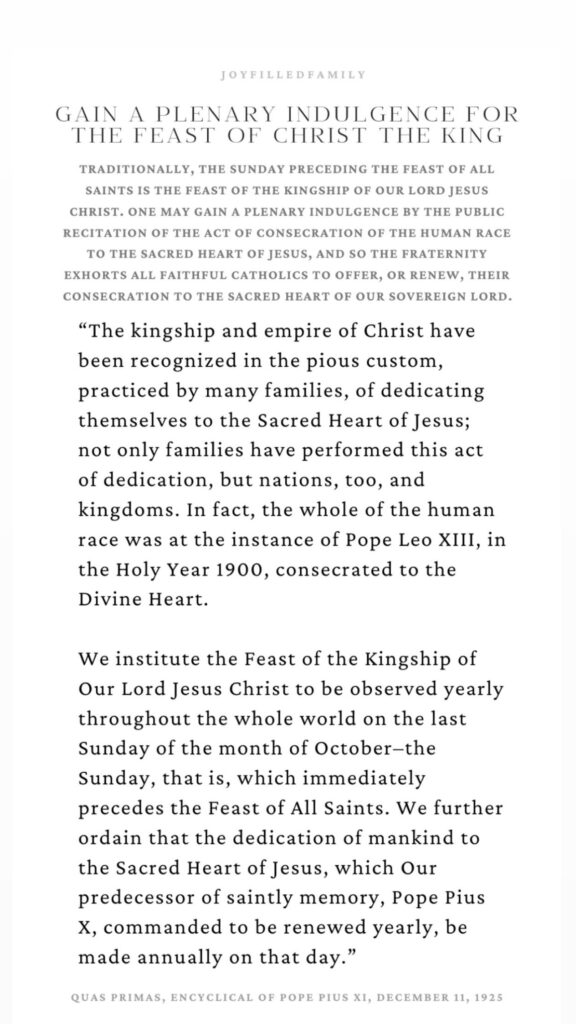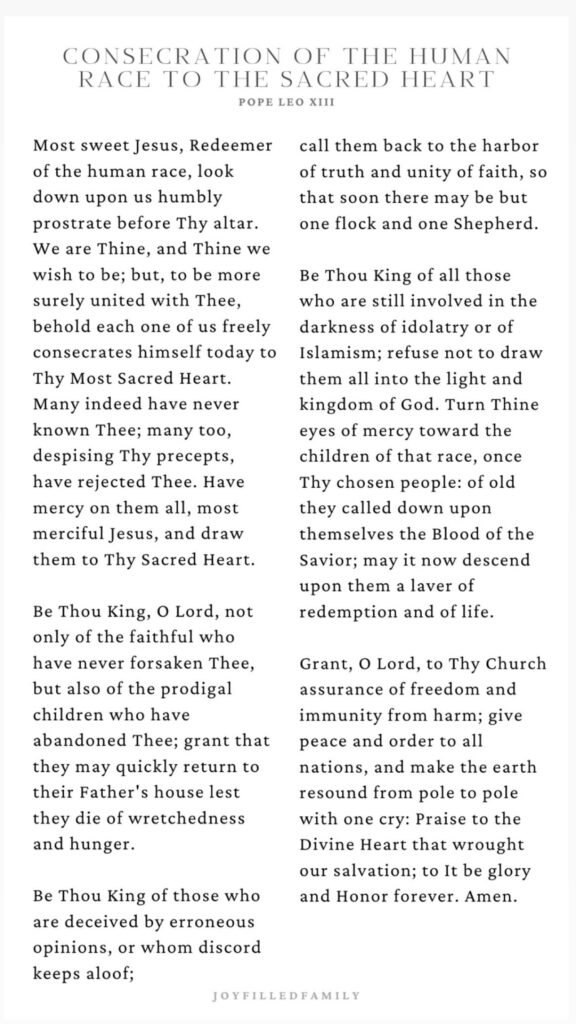O my Jesus! if Thou hadst not accepted and suffered death for me, I should have remained dead in my sins, without hope of salvation and without the power of ever loving Thee. But after Thou hast obtained life for me by Thy death, I have again many times voluntarily forfeited it by returning to sin.
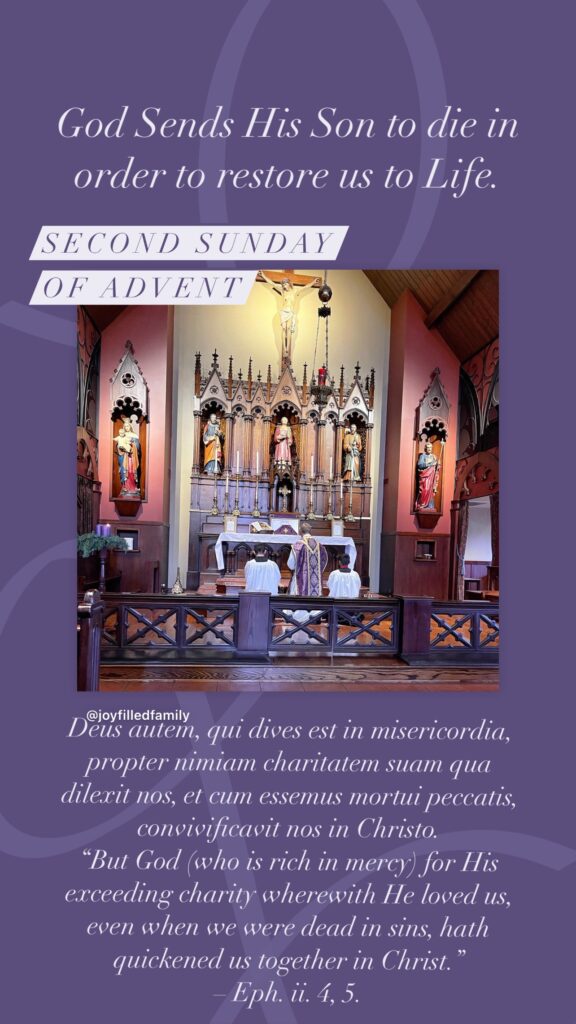
Thou didst die to gain my heart to Thyself, and I by my rebellion have made it a slave of the devil. I lost all reverence for Thee, and I said that I would no longer have Thee for my master.
All this is true; but it is also true that Thou desirest not the death of the sinner, but that he should be converted and live; and therefore didst Thou die to give us life.
I repent of having offended Thee, my dearest Redeemer; and do Thou pardon me through the merits of Thy Passion; give me Thy grace; give me that life which Thou hast purchased for me by Thy death, and henceforth mayest Thou have entire dominion over my heart.
Never let the devil have possession of it again; he is not my God, he does not love me, and has not suffered anything for me.
In past times he was not the true sovereign, but the robber of my soul; Thou alone, my Jesus, art my true Lord, who hast created and redeemed me with Thy blood; Thou alone hast loved me, and oh, how much! It is therefore only just that I should be Thine alone during the life that remains to me.
Tell me what Thou wouldst have me to do; for I will do it all.
Chastise me as Thou wilt; I accept everything Thou sendest me; only spare me the chastisement of living without Thy love; make me love Thee, and then dispose of me as Thou wilt.
Most holy Mary, my refuge and consolation, recommend me to thy Son: his death and thy intercession are all my hope.
– Meditations for Every Day of Advent – Second Sunday, St. Alphonsus Ligouri




